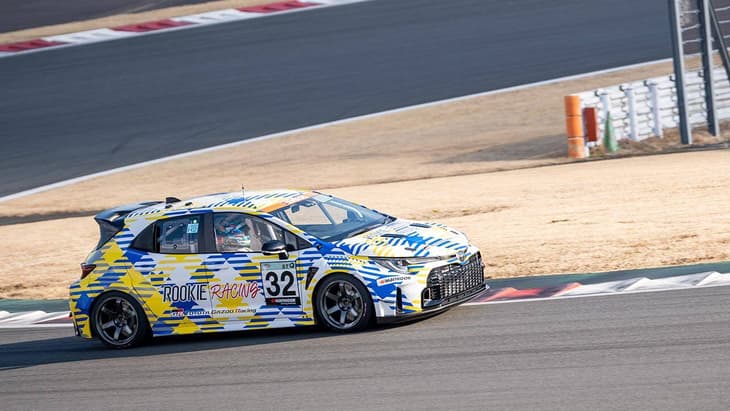Toyota’s liquid hydrogen-fuelled internal combustion engine (ICE) powered GR Corolla was given its first test run on a racetrack in Japan last month (February 23), the company revealed on Thursday (March 9).
Taking to the Fuji Speedway in Oyama, Shizuoka for the Super Taikyu Series, the test marked the car’s first public appearance, as well as the first time for a manufacturer vehicle, powered by liquid hydrogen to hit the racetrack.
Running over three sessions on the day, the test simulated real race conditions, while sharing the track with other cars and refuelling within designated times.
... to continue reading you must be subscribed





